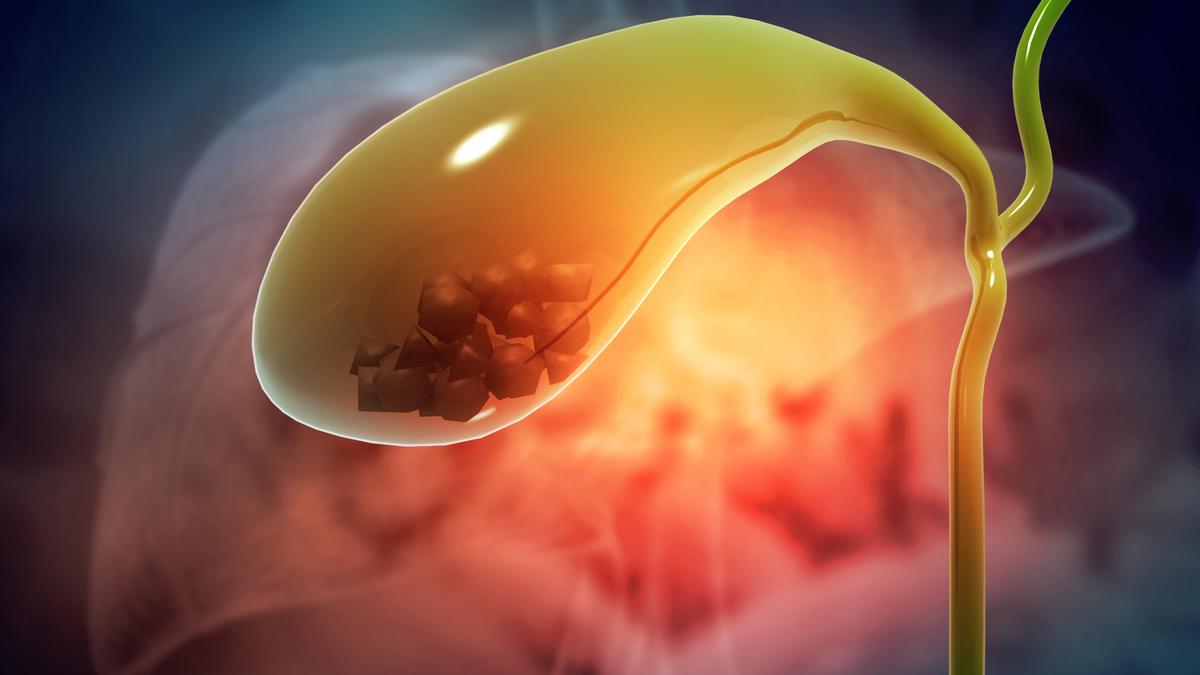
Toxic gallstones fuel gallbladder cancer crisis in Assam, says study
The Hindu
Study links cholesterol-rich gallstones exposed to toxic metals in Assam to high gallbladder cancer risk, urging urgent preventive measures.
GUWAHATI
A new study has found a connection between cholesterol-rich gallstones exposed to toxic metals and gallbladder cancer (GBC) in Assam, one of the most affected regions globally.
The study, led by a Tezpur University team, published in the American Chemical Society’s Chemical Research in Toxicology, reveals how heavy metals and gallstone structural properties drive this deadly disease.
Also read: Cause of gallstone disease in Indians found to be genetic
Pankaj Barah and Cinmoyee Baruah from Tezpur University’s Department of Molecular Biology and Biotechnology spearheaded the study. The other authors are the university’s Nabanita Roy; Gayatri Gogoi and Utpal Dutta from Assam Medical College in Dibrugarh; Anupam Sarma from the Dr. Bhubaneswar Borooah Cancer Institute in Guwahati; Akshai Kumar from the Indian Institute of Technology-Guwahati; Roshan M. Borkar, and Sachin B. Jorvekar from the National Institute of Pharmaceutical Education and Research in Guwahati, and Subhash Khanna from the Swagat Super Speciality and Surgical Hospital in Guwahati.
Gallstones are small, pebble-like formations in the gallbladder caused by changes in bile composition. These changes promote the crystallization of cholesterol, calcium, and other biliary pigments, disrupting bile homeostasis and affecting gallbladder dynamics.
Gallstones are symptomatic or asymptomatic, and symptomatic cases are known as gallstone disease (GSD) or cholelithiasis, which causes severe pain.

Acts of terror are a stain on society, says Andhra Pradesh Chief Minister Chandrababu Naidu. History has shown that terrorism and violence have never achieved anything meaningful for the causes they seek to promote, he says, and calls for firm action against those responsible for the heinous act at Pahalgam in Jammu & Kashmir.

 Run 3 Space | Play Space Running Game
Run 3 Space | Play Space Running Game Traffic Jam 3D | Online Racing Game
Traffic Jam 3D | Online Racing Game Duck Hunt | Play Old Classic Game
Duck Hunt | Play Old Classic Game










